post by Zerhra ErkulThe internet could be the best asset society has.Protests are an expression of anger felt amongst individuals and are one of the best examples of communities uniting in an attempt to resolve local and global issues. They are a representation of the...



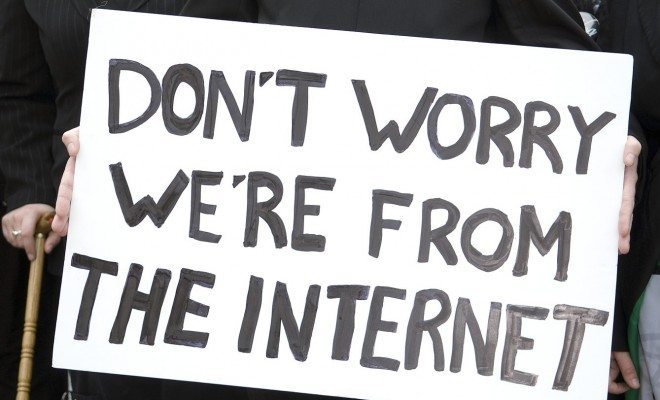
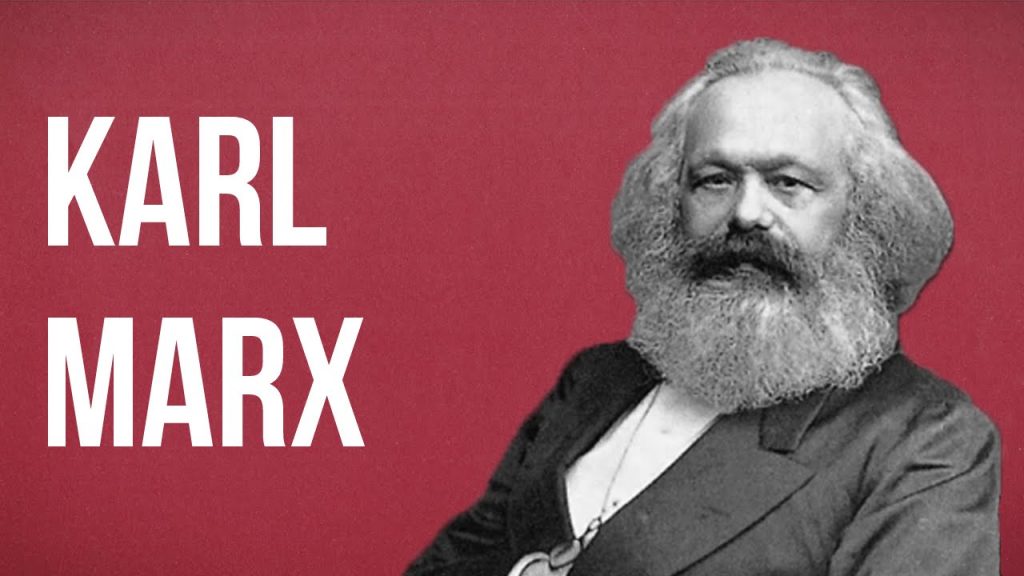
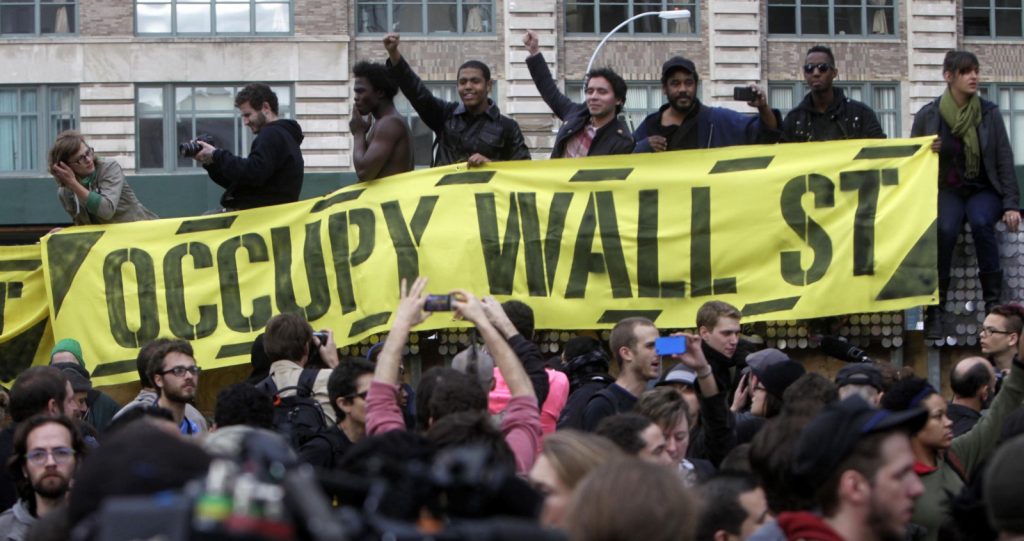
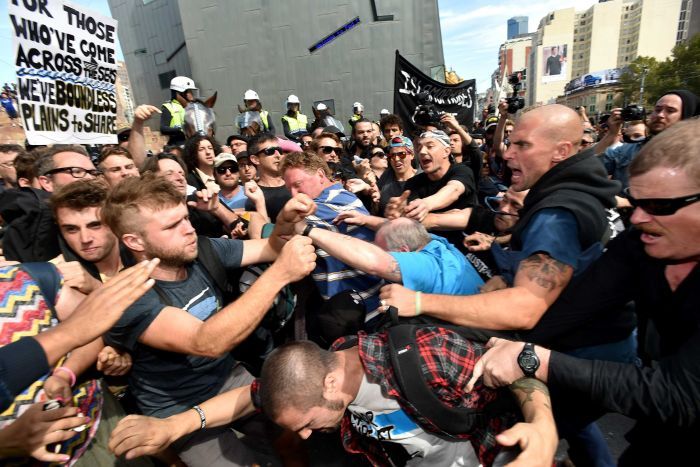


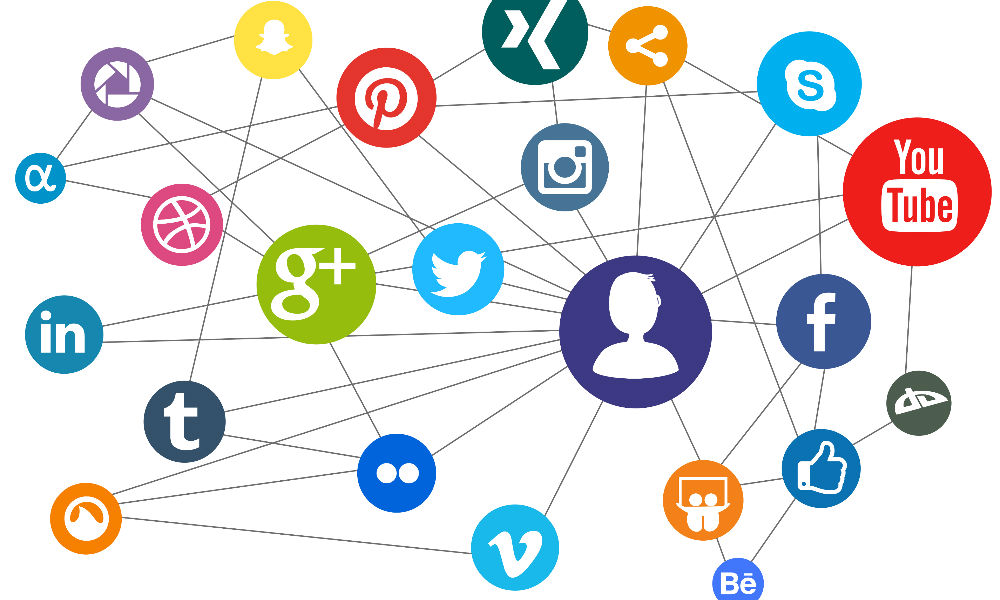
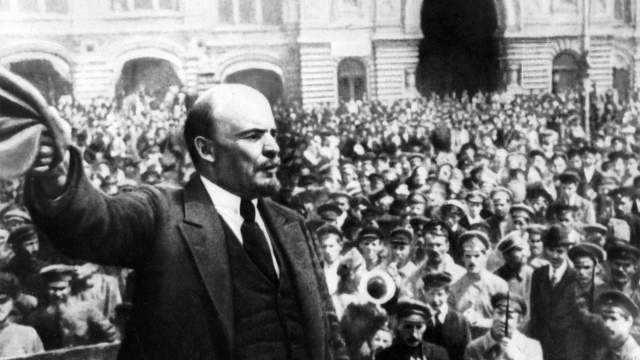
Recent Comments